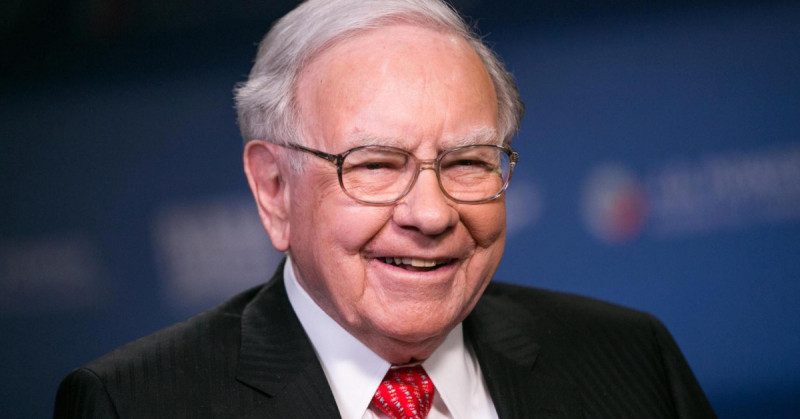Warren Buffett: The Legend of Value Investing
“Warren Buffett, the superstar” – this is perhaps the best way to describe the annual pilgrimage of 40,000 shareholders to the shareholders’ meeting of his investment holding company, Berkshire Hathaway. Buffett embodies the American dream in various ways – from newspaper delivery boy to billionaire, from a youthful shoplifter to a presidential advisor, from a shy boy (who attended a self-help course by Dale Carnegie because of it) to a media darling. Of course, what interests everyone the most is Buffett’s recipe for success in stock selection.
Biography of Warren Buffett
The super investor was born on August 30, 1930, in Omaha, Nebraska. Buffett had a very good relationship with his father Howard, who was a broker and later a congressman. In addition to introducing Buffett to stocks, Howard Buffett imparted to his son a moral framework described as conservative and solid. Omaha is a very down-to-earth American city, with many residents having German ancestors, and this influence is palpable even for visitors.
Young Warren already exhibited qualities in his early years that would contribute significantly to his later success: a pronounced affinity for numbers and for business. Early on, Buffett earned his own money as a newspaper delivery boy, supervised other carriers’ routes, rented out slot machines, and sold used golf balls. The investment legend bought his first stocks at the age of eleven, although shoplifting was also part of his youthful activities for a while.
Buffett dropped out of the economics program at the Wharton School of Finance at the age of 17 after a short time – it brought too little benefit. Instead, the current head of Berkshire Hathaway studied economics at the University of Nebraska. After that, Buffett moved to Columbia University in New York, where Benjamin Graham taught. The eager student of securities analysis had already read Graham’s book “The Intelligent Investor” with enthusiasm – and still recommends it today.

Buffett’s Educational Path under Benjamin Graham
During the Great Depression, Benjamin Graham, recognized as the intellectual father of the value strategy, developed a unique investment approach. His goal was to establish a clear distinction between investment and speculation. As a conclusion, he realized that the crucial difference did not lie in the type of financial instrument acquired, nor did the holding period of a security make the decisive difference.
Graham recognized that the crucial difference lay in the attitude of the buyer or seller. While the speculator profits from market movements, an investment represents a long-term commitment. This commitment is supported by a precise analysis that promises both capital preservation and satisfactory returns. Actions that do not meet these requirements are considered speculative. Buffett adopted from Graham this emphasis on safety as the foundation of his strategy.
